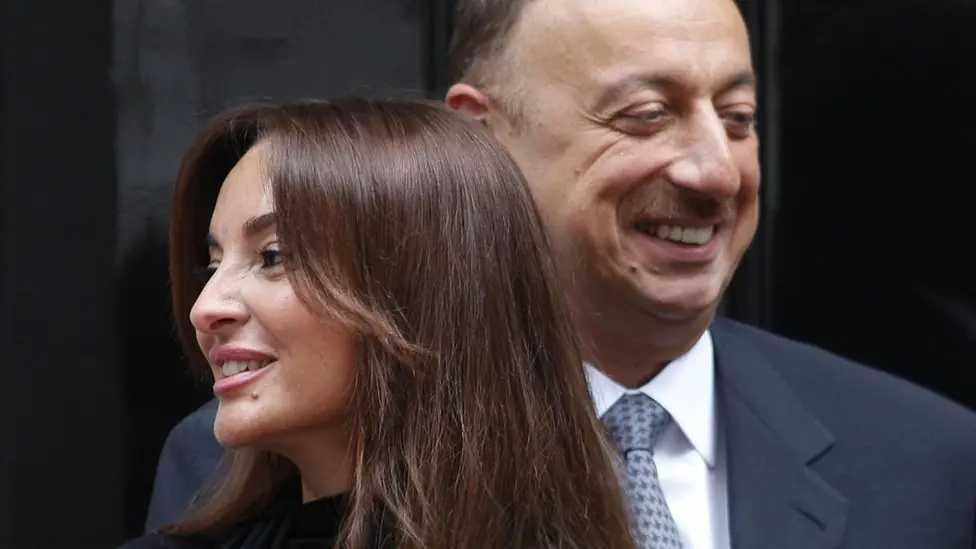In Armenia’s highly polarised media landscape, which features only a handful of independent media outlets, it is challenging to convey to the public what real journalism is and should be. Indeed, there are frequent cases whereby journalists exceed the professional standards, making their work more akin to activism, or turning their writing into tools in the hands of their owners, funders, or other affiliated figures to publish propaganda or leak materials.
However, journalists are not alone in abandoning professional standards — political figures do as well, which can lead to confrontations where it is tricky to pick a side. In particular, some members of the ruling Civil Contract party — despite having backgrounds in journalism — seem to tolerate unethical journalism by their affiliated media, as well as the unacceptable actions of their peers towards media workers.
In recent weeks, there have been several such confrontations in Armenia involving MPs of the ruling Civil Contract party, with a concerning ongoing trend wherein the MPs refuse to apologise after showing discriminatory and disrespectful behaviour.
The main actor in one such case was Andranik Kocharyan, a prominent MP from the ruling party, who has frequently shown patriarchal, rude, and arbitrary conduct towards journalists.
On 20 March, he singled out journalist Hripsime Jebejyan during a press briefing, ‘ask[ing]’ her to stand farther away from him — Kocharyan explained his demand by saying ‘that's what I want’. On top of that, Kocharyan used an ambiguous phrase — quoting a bishop who had led anti-government protests in 2024 — telling Jebejyan to ‘clean [her] lips’, without providing the context behind his decision to use the phrase or how it was used previously.
At the end of the briefing, when asked by Jebejyan, who seemed to be near tears, if he did not think he should apologise, Kocharyan said no. He still has yet to apologise.
It was heartbreaking to see how other MPs, including young women from the ruling party, stood by Kocharyan’s side, echoing his justifications instead of criticising him.
The lack of condemnation of vivid insults has paved the way for such unacceptable behaviour to continue.
In a separate incident on 30 March, another MP from the ruling party, Vilen Gabrielyan, cursed at a journalist for filming him while he was inebriated.
Following the incident, a group of journalists kept demanding an apology from Gabrielyan, leading him to step down from his position. However, he ‘publicly apologise[d]’ only to the public, and not to those whom he had insulted.
These incidents were preceded by other cases in which prominent members of the ruling party targeted the media.
In December 2024, Yerevan Mayor Tigran Avinyan even claimed that ‘the media in our country has become one big garbage dump’. The statement came during a TV debate when he was cornered by allegations of corruption discovered by investigative journalists.
I partially agree with Avinyan, but I should add that instead of making efforts to discredit ethical journalism, as a ruling party, they should acknowledge that they have themselves played a role in creating such a situation. It is also their affiliated media which has abandoned journalistic ethics in various ways, including by spreading hate speech towards vulnerable groups. And it is they themselves who do not condemn it.






